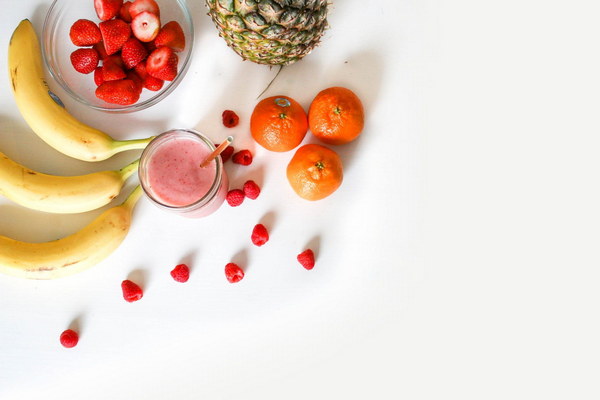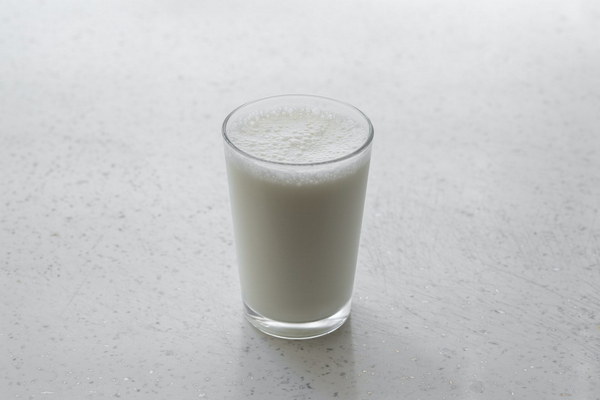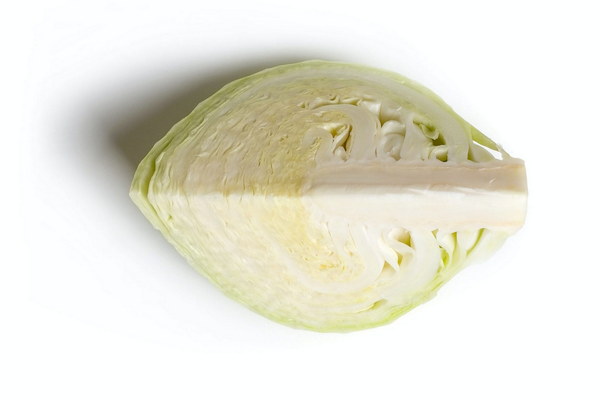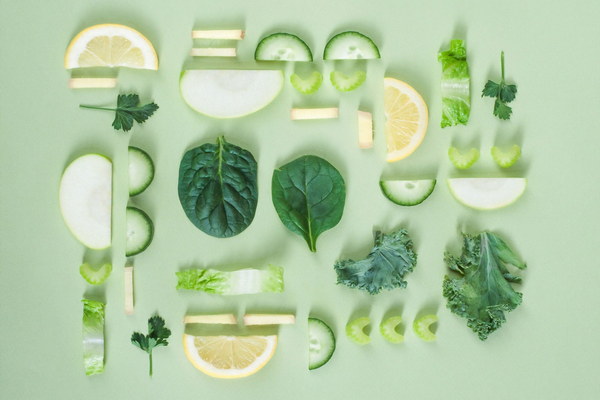Nourish Your Body Embrace a Balanced Diet Over Excessive Alcohol Consumption
In today's fast-paced world, it's easy to fall into the trap of indulging in excessive alcohol consumption, often at the expense of a balanced diet. However, the key to maintaining a healthy lifestyle lies in making conscious choices that prioritize our well-being. One such choice is to embrace a balanced diet over excessive alcohol consumption, as this can lead to a multitude of health benefits. Let's delve into why reducing alcohol intake and increasing the consumption of nutritious foods can be a game-changer for your health.
Firstly, excessive alcohol consumption can lead to a plethora of health issues, including liver disease, cardiovascular problems, and an increased risk of certain cancers. By reducing your alcohol intake and focusing on a nutritious diet, you can significantly lower your risk of developing these conditions. Foods rich in antioxidants, such as fruits and vegetables, can help protect your body against the harmful effects of alcohol.
Secondly, a balanced diet can help you maintain a healthy weight. Alcohol is high in calories and low in nutrients, making it a poor choice when trying to manage your weight. By replacing alcohol with healthier alternatives, such as water or herbal teas, you can reduce your overall calorie intake and promote weight loss or weight maintenance. Additionally, foods that are high in fiber and protein can help keep you feeling full for longer, reducing the likelihood of overeating.
Furthermore, a nutritious diet can improve your mood and energy levels. Alcohol can have a depressant effect on the brain, leading to feelings of sadness and fatigue. On the other hand, consuming a variety of nutrients can boost your mood and provide a sustained energy release. Foods rich in omega-3 fatty acids, such as fatty fish, nuts, and seeds, can improve brain function and reduce the risk of depression.
In addition to these benefits, a balanced diet can strengthen your immune system and help you recover more quickly from illnesses. Alcohol can weaken the immune system, making you more susceptible to infections. By consuming a diet that is rich in vitamins and minerals, you can support your immune system and stay healthy.
To transition to a balanced diet and reduce alcohol consumption, follow these tips:
1. Start by setting a limit on your alcohol intake. Aim for no more than one drink per day for women and two drinks per day for men, according to the American Heart Association.
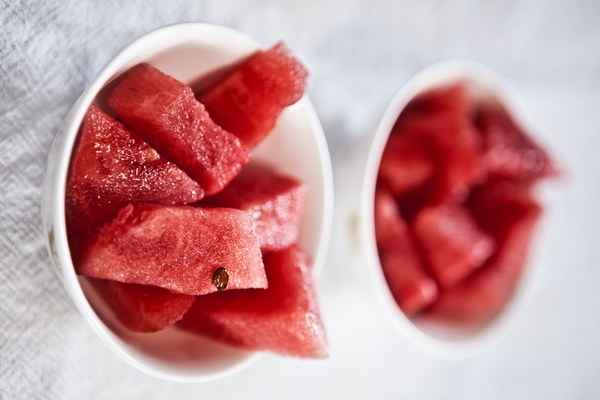
2. Replace alcohol with healthier beverages, such as water, herbal teas, or infused water. Adding slices of fruits or herbs can enhance the flavor and provide additional health benefits.
3. Incorporate a variety of nutrients into your diet. Aim for a diet that includes fruits, vegetables, whole grains, lean proteins, and healthy fats.
4. Plan your meals and snacks ahead of time. This will help you make healthier choices and avoid the temptation to reach for processed foods or alcohol when you're hungry.
5. Be mindful of portion sizes. Overeating can counteract the benefits of a nutritious diet, so pay attention to how much you're consuming.
6. Seek support from friends, family, or a professional if you find it challenging to reduce alcohol consumption. Support groups and counseling services can provide valuable guidance and encouragement.
In conclusion, embracing a balanced diet over excessive alcohol consumption can have a profound impact on your health and well-being. By reducing your alcohol intake and focusing on a nutritious diet, you can lower your risk of chronic diseases, maintain a healthy weight, improve your mood, and strengthen your immune system. Start making these positive changes today, and you'll be well on your way to a healthier, happier life.


